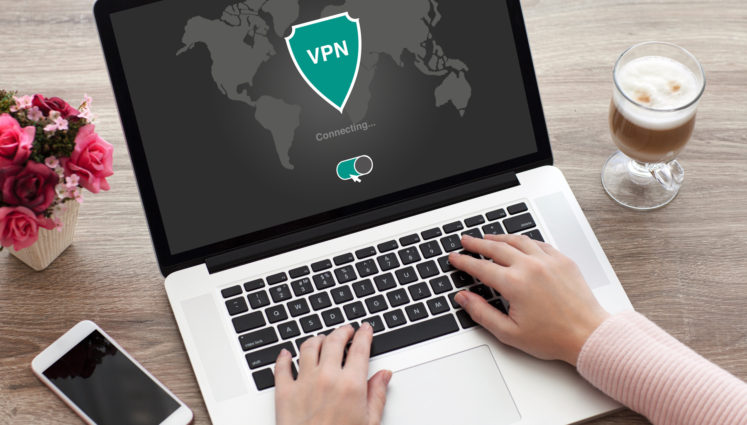
What Should I Look For in a VPN?
By Distributel
Now that you know what a VPN is and why people use it, what factors should you consider when you’re shopping for one? Here’s what we recommend you consider.
Encryption
When your data is protected by end-to-end encryption, it means that potential bad actors can’t peek at what you’re doing. A VPN site might mention symmetric encryption, public key encryption, or hashing. These are all types of encryption. For the average consumer neither is better than the other, but they are terms you might see.
Payment Period
You’re obviously shopping for price, but keep in mind that with many VPNs you pay in one-, two-, or even three-year periods. You may see an advertisement that says something like $4/month, but you’re actually charged $144 every three years. That’s not a bad thing, just something to keep in mind.
Data & Bandwidth Caps
Some VPNs don’t have any caps on bandwidth or data, but some do. Obviously, no caps are preferable—but keep in mind that caps are usually there to make the whole network “flow” better when there are many users. If you sign up for a popular VPN with no caps, you may find you have slow service during peak times.
A No-Logs Policy
All VPNs should have a no-logs policy. That is, they don’t keep records of what their users do. Since nearly all VPNs promise this, you should search the name of a VPN you’re considering along with the term no-logs to see if any news articles pop up. That way, you can see if the VPN you’re considering has ever been caught breaking their no-logs promise.
Simultaneous Device Connections
This feature will probably be one of your biggest selling points. Does the VPN you’re considering allow you to use it on multiple devices? If so, how many? And will there be a data cap or bandwidth cap that kicks in if you use your VPN on multiple devices?
Multiple OS Support
If you’re planning on running your VPN with multiple devices, be sure to check that it actually works on all the different operating systems you want to use it on. While most VPNs are friendly to Mac, Windows, and Linux, keep in mind that not all mobile devices will necessarily be supported. On top of that, if your device is older, support for older OSs goes away after a while.
Split Tunnelling
Split tunnelling allows you to put some traffic through your VPN and some through your normal network. You might need this feature if you expect to use your VPN constantly but sometimes need to send time-sensitive data through a route not slowed down by your VPN. Truthfully, most users won’t need this feature—but it’s good to know about.
Kill Switch
This is one of those features that you should always have even if you don’t actively use it. A kill switch disconnects your devices from the internet should your VPN stop working unexpectedly. This keeps you safe from an unsecured connection.
Leak Protection
If your IP address gets accidentally exposed while using a VPN, this is called a VPN leak. Obviously, this defeats the purpose of using a VPN in the first place. VPNs should come with a feature called leak protection, and it should be enabled by default.
IP Shuffle
A good VPN will “shuffle” your IP address. That is, it randomizes your IP address at regular intervals, ensuring you stay anonymous—and ultimately stay safe.
